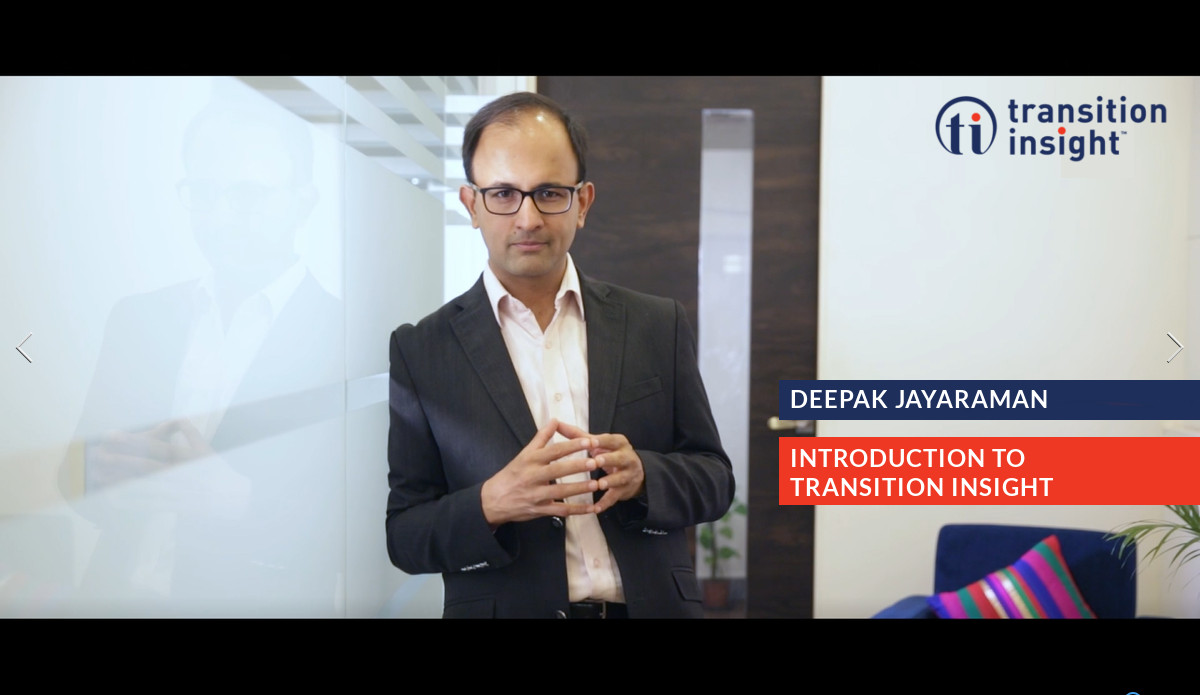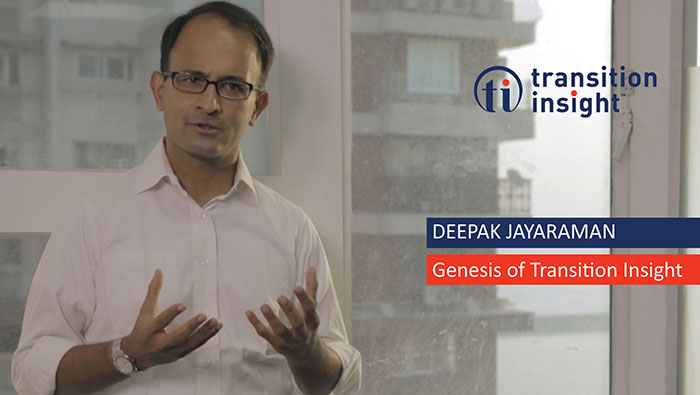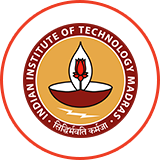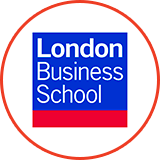Transitions are complex whichever way we look at them. Leaders typically encounter them in two different contexts. Firstly, it is in the context of hiring a leader under them where they need to make the right choice given the business priorities and cultural nuances. Secondly, it is in the context of their own individual transition where they have to navigate and choose carefully given the several professional and personal variables at stake.
Transition Insight aims to enable leaders to be more thoughtful about transitions. Indicative Offerings include
- Assessment and Development of Leaders - Helping Leaders with the Question - How to grow?
- Enabling thoughtful Leadership Transitions (Succesion planning, CXO to CEO, Entrepreneur hiring a Business Leader etc.)
- Confidential Personal Transition Advisory for a leader who is seeking help with the question - Where to go?










